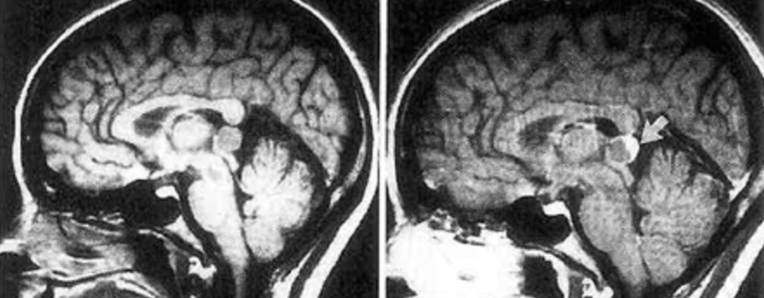Photo Credit: Jian Fan
A recent study found cell-free DNA liquid profiling accurate and useful in characterizing different types of endometrial cancer and guiding therapy selection.
Sequencing cell-free DNA among women with metastatic or recurrent endometrial cancer is a feasible way of sorting disease into targetable subtypes, according to findings recently published in Cancer.
Félix Blanc-Durand, MD, and colleagues noted there are four currently identified molecular subgroups of endometrial cancer: POLE-mutated disease; endometrial cancer with microsatellite instability and a deficient mismatch repair pathway; copy-number low, low mutational burden, and stable microsatellite status disease; and a fourth subgroup of patients with high copy-number alterations and low mutational rate.
“Importantly, this classification holds significant prognostic relevance, with POLE-mutated endocrine cancer demonstrating excellent outcomes, microsatellite instability, and a deficient mismatch repair pathway and copy-number low endocrine cancer displaying stage-dependent intermediate outcomes, and copy-number high endocrine cancer having the poorest clinical outcomes,” Blanc-Duran and colleagues wrote. “Recently, the management of advanced/metastatic endocrine cancer has been greatly improved because of this molecular characterization.”
The researchers added that cell-free DNA profiling has been a valuable aid in profiling other solid metastatic tumors but wrote that “there are only very limited data regarding the clinical utility of comprehensive liquid molecular profiling in advanced endocrine cancer.”
The researchers performed a prospective cohort study of 61 patients with recurrent, metastatic, or advanced endometrial cancer. All patients participated in the STING trial and underwent cell-free DNA liquid profiling as part of the larger study. Investigators used the FoundationOne CDx assay to conduct profiling, and a molecular tumor board reviewed each report. The researchers sorted the tumors into categories using the European Society of Medical Oncology Scale for Clinical Actionability of Molecular Targets (ESCAT).
Patients were a median of 66.9 years old. Nearly half (43%) had frontline metastatic disease, and all four subgroups were represented (Table).
The researchers reported that 89% of patients had informative cell-free DNA analyses. Thirty-seven tumors were TP53-mutated (11%), whereas six (11%) had deficient mismatch repair/microsatellite instability. Another 12 tumors demonstrated nonspecific molecular profiles (22%).
According to the researchers, molecular classification from liquid biopsy was 87.5% accurate compared with tissue biopsy.
Nearly two-thirds of cases (65%) had at least one actionable alteration, Dr. Blanc-Durand and colleagues reported. One-fourth of patients (25%) had ESCAT I alterations, whereas 13% had ESCAT II alterations.
Based on these findings, 16% of patients received targeted therapies with a response rate of 56%. Median progression-free survival was 7.7 months.
Researchers acknowledged that the study was limited by several factors, including that not all patients underwent tissue biopsy. Six patients showed discrepancies between their liquid and tissue biopsies.
“Overall, cell-free DNA profiling serves as a valuable tool for tailoring the management of patients with metastatic endometrial cancer,” Dr. Blanc-Durand and colleagues concluded.
“This study presents a large cohort of patients with advanced EC [endometrial cancer] who underwent prospective cell-free DNA sequencing analysis. As with other tumor types, we have demonstrated the feasibility of liquid biopsy in advanced endometrial cancer, with contributive results obtained in more than 88% of cases.”





















Create Post
Twitter/X Preview
Logout